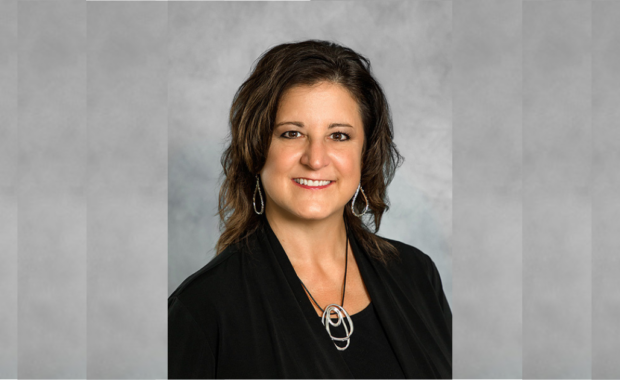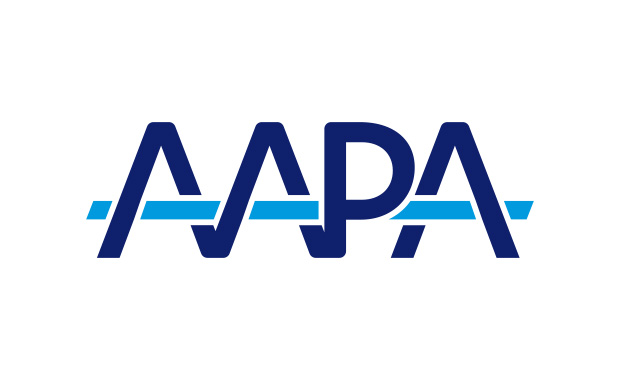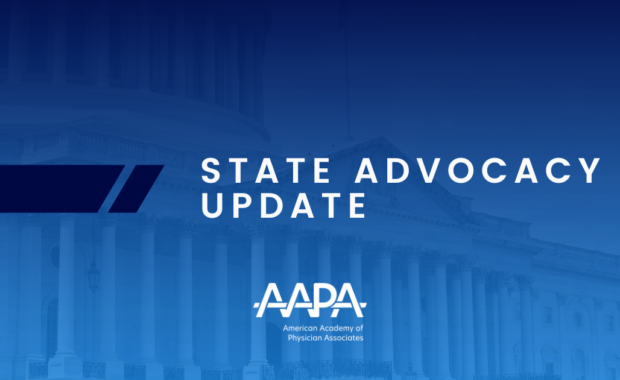How to Overcome Struggles in Family Medicine
In an AAPA Huddle Ask Me session, two experts with years of experience in family medicine answered questions on increasing the number of PAs in the field, the benefits of getting involved in the community, and how to negotiate for better conditions for PAs and their patients.
April 19, 2023






